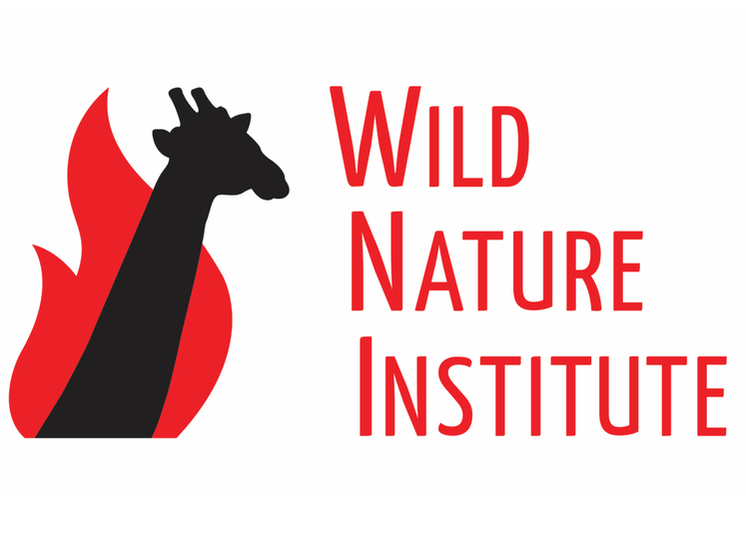|
Sonoma Index-Tribune
Thursday, July 24, 2014 By Derek E. Lee Fire season has arrived, and California’s drought means there will inevitably be a large forest fire this year. Media will invariably quote employees of the U.S. Forest Service, the federal agency that administers our National Forests. These spokespeople, fire ecologists and firefighters will offer sound-bites about the unusual size and severity of the fire, the need to restore the burned forest, and the need to cut trees to prevent future fires. Unfortunately, most of these quotes will be untrue. They say these things because the Forest Service’s core business is now firefighting, spending $2 billion to $4 billion every year to put firefighters at risk in largely ineffectual efforts to suppress big forest fires. Why? Because the Forest Service makes much more money by promoting fire hysteria and declaring fire emergencies than it would by letting most fires just burn themselves out, as called for in the prudent, scientific, data-driven 1995 Federal Fire Policy. The Forest Service gets a blank check to fight fires. Congress gave the agency the right to unlimited overspending during fire “emergencies,” and the Forest Service is happy to oblige. But fire, including large areas of intense fire that kills most or all trees, is natural, normal and restorative in western U.S. forests, and forest fires will self-extinguish. Big fires always come during extreme winds when expensive fire suppression efforts are useless – and extremely dangerous to the firefighters involved. Since the 1995 federal decision to let most fires burn and to reduce suppression efforts on our national public lands, the Forest Service has made a series of self-serving policies that undermined the scientific consensus and expanded its budget. Today, nearly half of its $4.9 billion budget is devoted to fire-related activities, and the agency overspends on firefighting every year. During fires, the Forest Service tells us that “forests are burning more” and that “fires are getting bigger and hotter” or are “uncharacteristically severe.” These statements are untrue, but sound compelling and defend the millions of dollars spent each day to fly tankers and mobilize thousands of firefighters, who risk their lives earning triple overtime at taxpayer expense until the winds finally decrease and the fire dies out. The rest of the Forest Service’s budget is plumped up through “fuels reduction,” “restoration” and post-fire “salvage” logging – misguided and pointless activities that destroy both green and burned forest habitat critical for wildlife and rare plants. Laws that protect public lands from destructive activities have reduced most commercial logging in our national forests, but the Forest Service has a loophole to log our trees: fire. Worse, they do it on our dime. Congress always lets the Forest Service take money from the General Treasury to pay for timber sale administration, road building and logging costs, and then the agency keeps the profits from those sales. The Forest Service enriches itself at the people’s expense by selling the people’s trees. This is the incentive for another agency deception: that the forest “will never be the same” without “restoration” work. This presumes forests don’t naturally regrow on their own – which of course they do, in what scientists call “succession,” one of the first ecological processes ever described. Don’t believe it either when they tell you we might have avoided a big fire if only we had removed “excessive fuels” beforehand. Studies show that logging doesn’t prevent or stop big fires during extreme weather when most acreage burns. But it does enrich the Forest Service. In the 2006 court case, Earth Island Institute v. U.S. Forest Service, the Ninth Circuit Court of Appeals determined that the U.S. Forest Service has a financial conflict of interest when assessing the need to cut trees in our forests. Think of that the next time you read a Forest Service quote in the newspaper or see an agency rep on TV, fire blazing away on the split screen. Instead, demand that reporters and editors contact a real, independent fire scientist for the expert opinions. • • • Derek Lee is a nationally known expert on fire and wildlife, and author of many peer-reviewed scientific articles on the subject. He is principal scientist of the Wild Nature Institute (wildnatureinstitute.org). CLICK HERE FOR THE ORIGINAL SONOMA INDEX-TRIBUNE ARTICLE
0 Comments
Please enjoy some photos from our most recent ungulate survey in the Greater Tarangire Ecosystem. |
Science News and Updates From the Field from Wild Nature Institute.
All Photos on This Blog are Available as Frame-worthy Prints to Thank Our Generous Donors.
Email Us for Details of this Offer. Archives
July 2024
|
|
Mailing Address:
Wild Nature Institute PO Box 44 Weaverville, NC 28787 Phone: +1 415 763 0348 Email: [email protected] |
|


 RSS Feed
RSS Feed
